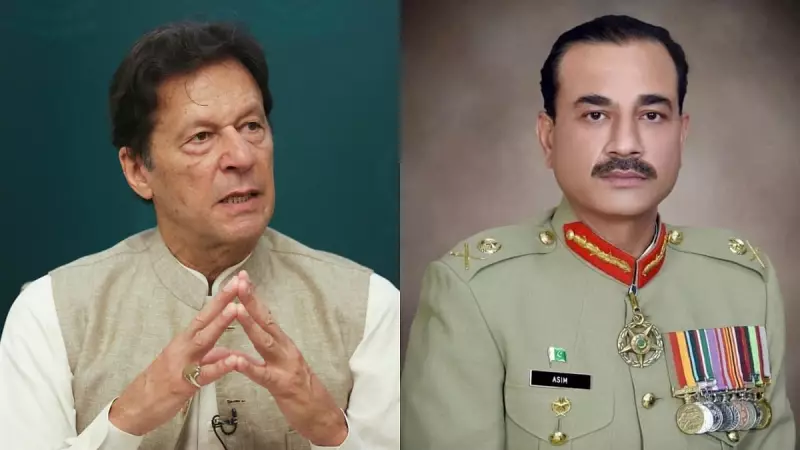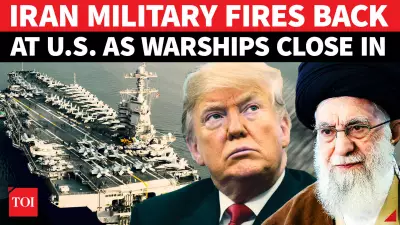
In a dramatic escalation of Pakistan's political turmoil, incarcerated former Prime Minister Imran Khan has delivered a blistering condemnation of Army Chief General Asim Munir, branding him as "the most oppressive dictator" in the nation's troubled political history.
The shocking allegation emerged through Khan's legal team during proceedings at the Islamabad High Court, where the Pakistan Tehreek-e-Insaf (PTI) chairman is challenging the controversial cipher case that has kept him imprisoned.
Unprecedented Political Confrontation
Khan's legal submission represents perhaps the most direct and severe criticism ever leveled by a Pakistani political leader against a sitting army chief. The document explicitly states that "the current army chief is the most oppressive dictator in the country's history" - a remarkable statement given Pakistan's long history of military rule.
The former cricket star turned politician didn't mince words, asserting that General Munir's administration has systematically dismantled democratic institutions and targeted political opponents with unprecedented vigor.
Legal Battle Amid Political Persecution Claims
The court hearing revealed deepening tensions between Khan's PTI party and the military establishment. Khan's lawyers argued that their client faces "worst political victimization" under the current regime, with the cipher case being used as a tool to keep him sidelined from politics.
This legal confrontation comes at a critical juncture for Pakistan, where the military has traditionally played a dominant role in political affairs, though often from behind the scenes.
Historical Context of Military Influence
Pakistan has experienced multiple direct military rules throughout its history:
- General Ayub Khan (1958-1969)
- General Yahya Khan (1969-1971)
- General Zia-ul-Haq (1977-1988)
- General Pervez Musharraf (1999-2008)
Khan's characterization of General Munir as surpassing all previous military rulers in oppression marks a significant escalation in the ongoing power struggle between civilian politicians and the military establishment.
Broader Implications for Pakistani Democracy
The explosive allegations come amid widespread reports of crackdowns on PTI supporters and leaders following the May 9 violence last year. Many observers see this as part of a broader pattern where the military establishment has intensified its political involvement.
Khan's statement from prison underscores the deepening political crisis in Pakistan and raises serious questions about the future of civil-military relations in the nuclear-armed nation.
As the legal battles continue and political temperatures rise, Pakistan finds itself at another critical crossroads, with the very foundations of its democratic system facing unprecedented challenges from within.






